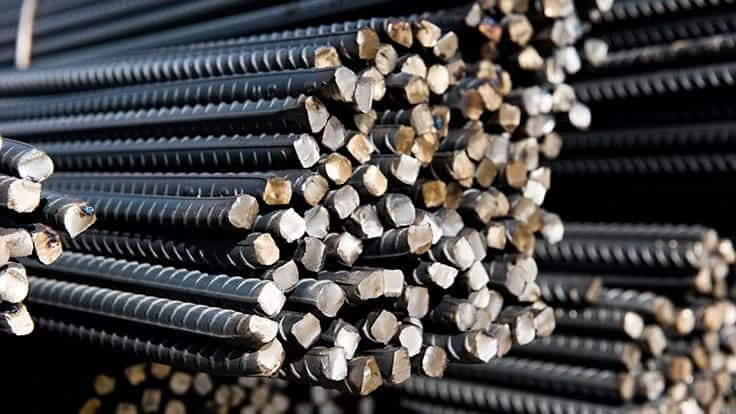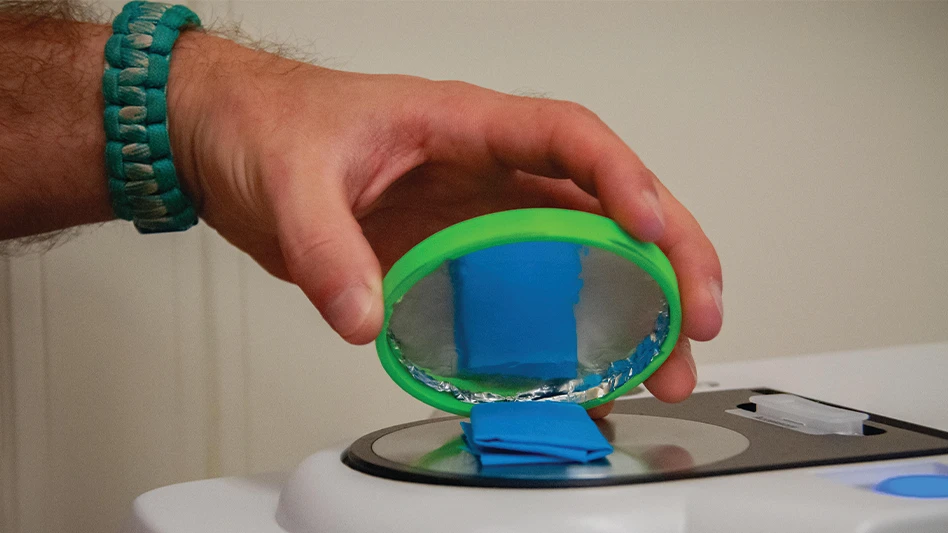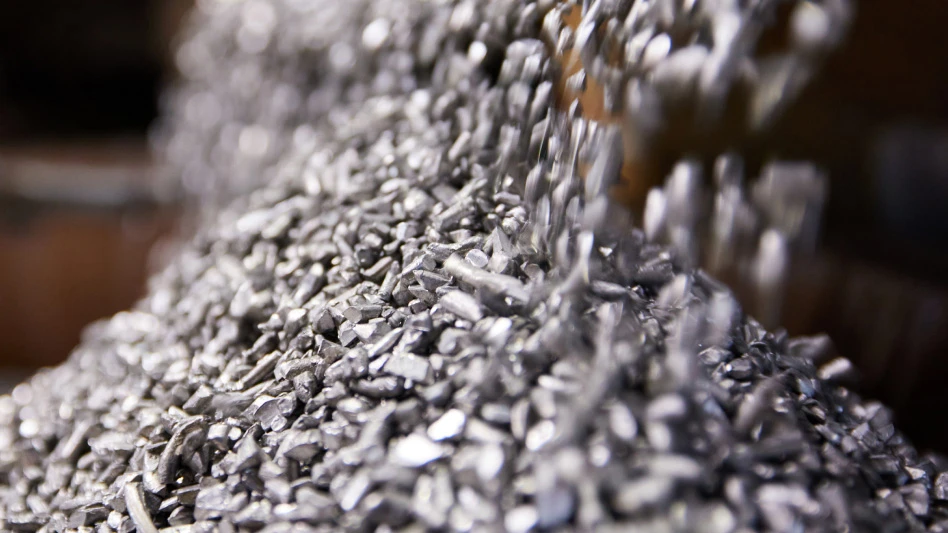
Image provided by Dreamstime
Just a couple of years ago, ferrous scrap recyclers and traders were worried about China becoming a major net exporter of ferrous scrap as that nation’s demolition and auto salvage industry grew.
In the second half of 2020, however, Chinese steel producers and their trade associations worked with government agencies to open the door for ongoing scrap imports from the rest of the world, calling the export flood scenario into question.
A recently completed analysis by Shanghai Metals Market (SMM) spells out some of the reasons why Chinese mills, if they continue to churn out 1 billion tons per year of steel, might indeed turn to the global ferrous scrap market at times in 2021 and the years that follow.
In a 50-slide presentation titled “Will China’s steel scrap imports surge after import restrictions were removed?,” SMM’s Ferrous Metal Research department offers statistics that show steelmakers in that nation could be somewhat active on the global scrap market in 2021.
According to SMM, in 2020 when only small amounts of imported scrap were allowed into China, “The import volume of semifinished products, such as direct reduced iron (DRI) and steel billets, surged. From January to November 2020, China imported a total of 3.15 million metric tons of DRI, a year-on-year increase of 144.4 percent. Imports of steel billets were 17.47 million metric tons, a year-on-year increase of 696.9 percent.”
In 2021, many of those buyers, SMM says, will calculate cost differences between scrap, DRI and pig iron and between scrap and the rebar they are producing as they consider re-entering the scrap market.
As the year begins, SMM writes, “High iron ore prices and coke prices have bolstered pig iron cost, increasing the cost efficiency of steel scrap. The price spread between steel scrap and rebar [has] widened by 240 Chinese renminbi ($37.17) on the month, due mainly to more gains in rebar prices than steel scrap prices.”
Those kinds of spreads are likely to encourage import buying and already have triggered an initial purchase, according to SMM. It says the Ouyeel Alchemy subsidiary of state-owned steelmaker Baowu Steel Group “signed a contract on Jan. 1, 2021, agreeing to purchase 3,000 metric tons of Japanese [scrap] from Mitsui & Co. Ltd. and send it to Shanghai Port for production and use by Baowu.” Ouyeel recently commissioned a 2.8-million-metric-ton-per-year capacity electric arc furnace (EAF) steel mill in China’s Anhui Province, according to Reuters.
EAF production is gaining market share in China and showing signs of improved profitability, according to SMM. In its January report, SMM writes, “Rebar profits at integrated mills in east China stood at 384 renminbi ($59.47) per metric ton as of Dec. 31; rebar profits at mills without blast furnaces stood at 446 renminbi ($69.07) per metric ton.
In 2019, before China put strict ferrous scrap import quotas in place, buyers there imported more than 400,000 metric tons of scrap from Japan and another 310,000 metric tons from South Korea. The United States did not register in the top 10 exporting nations to China that year.
Latest from Recycling Today
- APR launches Recycling Leadership Awards
- Private equity firm announces majority investment in Sprout
- Author predicts spike in silver’s value
- SWANA webinar focuses on Phoenix recycling collaboration
- Domestic aluminum demand up through Q3 2024
- IntelliShift honored at IoT Breakthrough Awards
- Ace Green Recycling finalizes plans for battery recycling site in India
- Ambercycle, Benma partner to scale circular polyester





